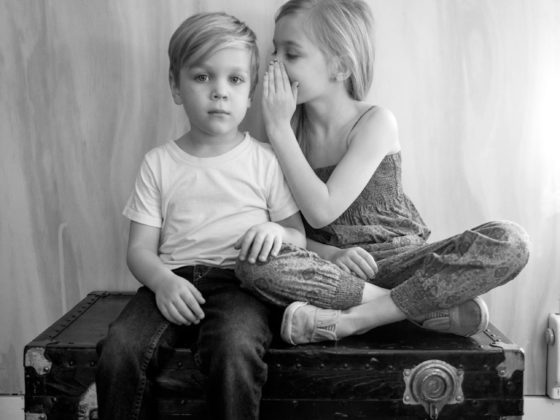Much of my childhood was spent writing stories. They were usually about cats and illustrated with crayon drawings. It was a habit that grew and matured with me throughout my teenage years and bent my college inclinations.
Being a writer, I thought, inevitably meant I would need to write books. So I entered my higher education as a Creative Writing major. Writing classes teach that most stories follow a similar narrative. There are variances in execution, but a good story involves the same elements: setting, character, plot, development and conflict and resolution. We know the familiar arc of a climax and love the finality of a resolution, with characters developed and thematic lessons learned.
To my surprise, I ended up dreading my fiction-writing classes. I would stare at my blank screen, as if it was taunting me, unable to craft a fitting or compelling narrative. Part of this is my inherent disposition against fiction writing, but a component of that was my inability to form a good conflict. I loved character and exploring complexities and details, but building into a good conflict felt like betrayal to me.
Perhaps as we progress through our adult lives we feel similarly. The tension and conflict of life, no matter how inevitable we may know it to be, feels like a betrayal of what we expected. Our lives, sketched in our brains in a beautiful, linear fashion, are nearly guaranteed to be wrecked by the inconveniences and aches of life. Internal or external circumstances, comparatively large or small, pain is pain. At some point, we will have to face the life we have and surrender the image of the life we’ve clung to.
At some point, we will have to face the life we have and surrender the image of the life we’ve clung to.
Yet, as we are in the midst of our story, we neglect to recognize our arc as just that, an arc, leading us to a resolution and development. While being in the midst of conflict feels definitive, we would be remiss to let it convince us so and not continue in our own plot. There is a beautiful ending waiting to be written, but it requires us to be willing to accept our chapter as it is and still pick up the pen. Our circumstances might challenge our short-term happiness, but when well-handled, they can positively form our long-term character development.
Disappointment and hurt may tempt us to bend into a version of ourselves that puts dreams on the shelf in favor of guarding against potential threats, hurts and inconveniences. Yet, it’s crucial to lower our guard and truly grieve our losses, to grieve the beautiful image we had originally created that may not quite manifest.
Our relationships may not be what we dreamed of. Our families are complicated. Our skin is uneven. Our bodies, not retouched. Our hair, messy. Our jobs, mundane. Our health, fallible. The everyday details are largely out of our control. Yet, we cannot allow disappointments to consume our hope.
We cannot allow disappointments to consume our hope.
Writer Kazuo Ishiguro once said, “There was another life that I might have had, but I am having this one.”
It is that open-handedness that allows us to release what could have been to receive exactly where we are, challenge and beauty, disappointment and hope alongside one another.
My childhood self, blonde and curly-haired and drawing out her sweet stories, would be incredibly surprised by my life today. She would be surprised that I live in a different state, my development of varying interests or my hair having inexplicably turned darker. My middle school self would be surprised as well to see the fullness of the community I enjoy now.
My high school self would be surprised I wasn’t married in my mid-20s, and even more surprised at my contentment in it. She might also be surprised that I had even darker days of mental illness but that I’ve also found deeper healing. Even my college freshman self would be surprised at the turn I took in my writing and career.
I’m glad I would surprise the younger versions of myself, and I hope that you would, too. The plot twists are what write the most compelling stories and create the most stunning, compelling characters. They develop us into stronger, better versions of ourselves than we could ever imagine.
Image via Kat Borchart, Darling Issue 24












3 comments
This article was incredibly encouraging. Thank you for sharing!
We loved it too Rachel! Allison is a phenomenal writer.
Allison – these words were beautiful and encouraged my heart a lot. This is something I’ve been struggling with for the last couple of years- my life not looking like I thought it would by now as much as I’ve prayed, hoped, and dreamed. It’s encouraging to hear your words and know I’m not alone, and that my future can still be beautiful. Thank you!